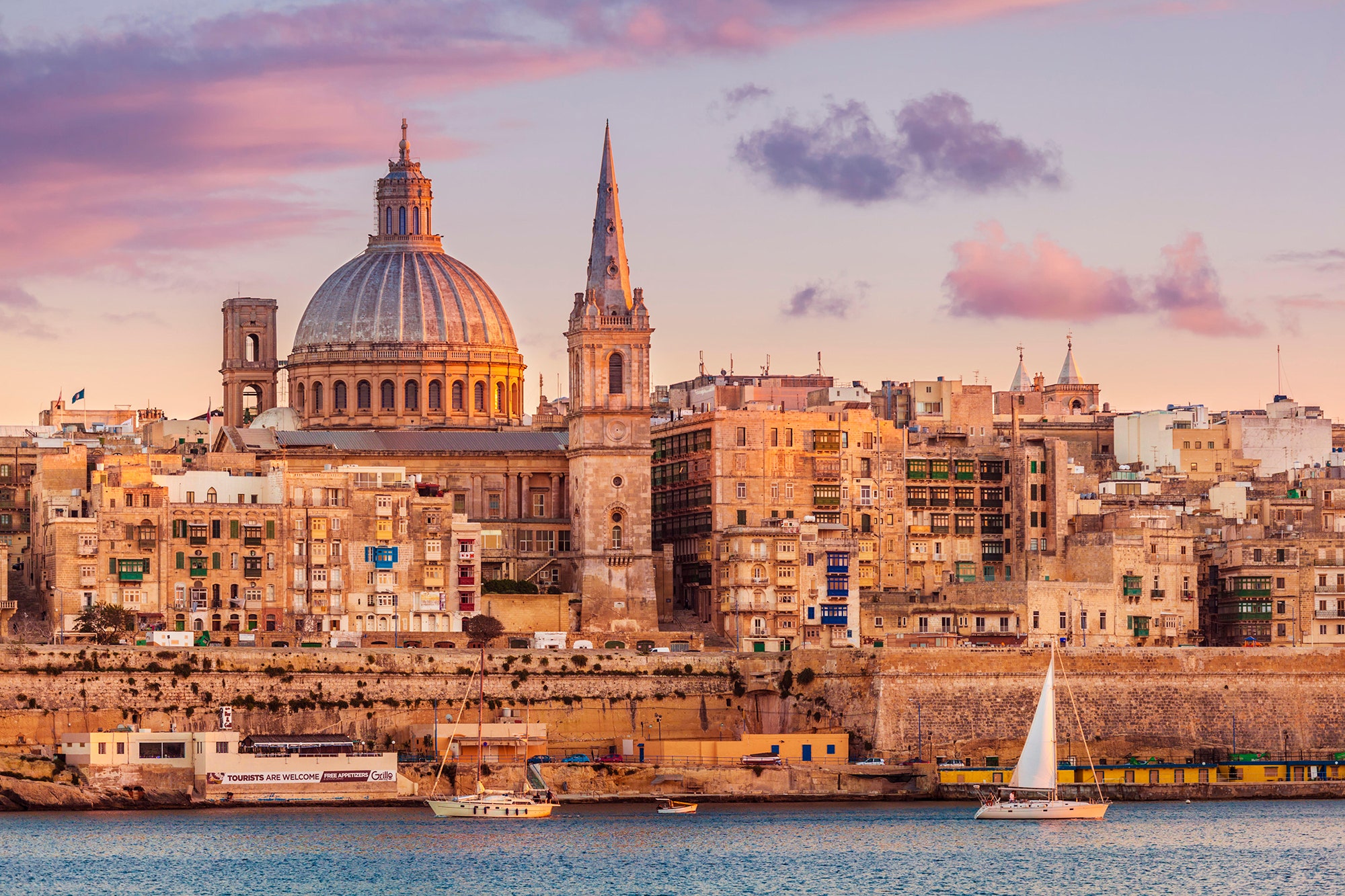The global financial system faces a constantly evolving stream of threats from criminals, enemy states, and rogue non-state actors. It is an inescapable reality that for the many multinational networks spread across the globe, they are only as strong as their weakest link (when fending off these hostile agents). Size isn’t everything but in the case of the all-powerful European Union, it just so happens that its weakest member is also the smallest.
Having only joined the EU in 2004, Malta is increasingly seen as the vulnerable member of the group. Thanks to endemic corruption in its political system, Malta has acquired a reputation as a haven for organised crime and a gateway for laundering money into the international system.
The current Maltese administration’s laid-back approach to these threats not only impedes their development as a country but risks undermining the entire EU body.
Tension between Malta and the EU has been simmering to the boil over the handling of the migrant crisis that has impacted the Mediterranean island since 2013. Malta has one of the highest numbers of refugees per capita in the Union and has used the cloud of Covid to divert from standard EU practice and adopt slapdash emergency measures that no longer guarantee the safe rescue of migrants. Amnesty International has accused the government of using “despicable and illegal tactics” to turn away refugees, 90 percent of which come from Eritrea and war-torn Somalia.
In diverging from the EU, Malta has instead sought assistance from external allies. In 2020, the government took the unprecedented step of pledging support for Turkey’s military intervention in Libya. Two years on and calls are growing for the International Criminal Court (ICC) to investigate alleged war crimes committed against thousands of migrants trapped in Libyan detention centres with the support of Maltese authorities. It is not just Malta’s reputation at stake here but the EU as a whole.
Malta’s questionable friendships with foreign powers do not end there.
The start of the month marked the 50th anniversary of Malta-China relations and the relationship has seemingly never been stronger. It was telling that President Xi’s first outreach to the EU in 2022 was a chummy call to Maltese President George Vella who was invited on an official visit to China later this year.
Xi sees Malta as a window into the EU and his assertion that the country “has always been a positive force in promoting China-EU relations” may hold true in Beijing but will be met with raised eyebrows by EU officials. Last year, Malta was one of just four EU nations that refused to endorse a resolution condemning China’s campaign of ethnic cleansing against the Uighur population in Xinjiang.
In return, the Chinese government continues to pump investment into Malta – the most recent example being the ‘Zero Carbon Island Project’ that will see the Maltese island of Gozo become the first fully carbon-neutral island in Europe. As long as the current Maltese administration is in power, Malta remains wrapped around Xi’s little finger – doing China’s bidding on the EU and United Nations stage.
When it comes to international political unions, the EU are by no means the only ones starting to sweat over Malta.
In 2015, Malta hosted the Commonwealth Heads of Government Meeting during which the then Prime Minister Joseph Muscat pledged to put Malta and the Commonwealth at the forefront of global anti-corruption efforts. Four years later and Muscat had resigned in disgrace over links to the murder of journalist Daphne Caruana Galizia. His successor, Robert Abela, has done little to avoid further accusations of corruption as a series of ministerial scandals have rocked the government.
A renewed focus on the Commonwealth this summer, with Birmingham set to host the Commonwealth Games, will turn the media spotlight on any murkier member nations, with Malta inevitably facing more heat.
Other global heavyweights like the US Department of State and Financial Action Task Force (FATF) are increasingly recognising Malta’s position as a soft underbelly of the international system and the patience of the international community is wearing thin. Malta became the first EU state to be placed on the FATF’s ‘grey list’ of countries lacking basic financial safeguards last year, as sanctions appear to be the most effective tool for change.
The EU will surely now lean on Roberta Metsola, the newly elected president of the European Parliament and the first person from Malta to lead any EU institution, to bring Malta in from the cold. She surged to victory on a ticket that promised to build consensus across Europe’s fractious political divides, with left-leaning opponents praising Metsola’s stance on migrants’ rights.
Having previously worked for Malta’s government in Brussels, the EU will be pinning their hopes on Metsola being the one to achieve cut through with the current leadership. If she fails, a stronger line will have to be taken.
Without formal reprimand, Malta’s political elite will continue to abuse their position thereby alienating foreign companies brave enough to invest and hurting the ordinary taxpayer. It is time for the EU, US and Commonwealth to speak out and take action against Malta and bring the country’s behaviour up to international standards.
Share this article:


























